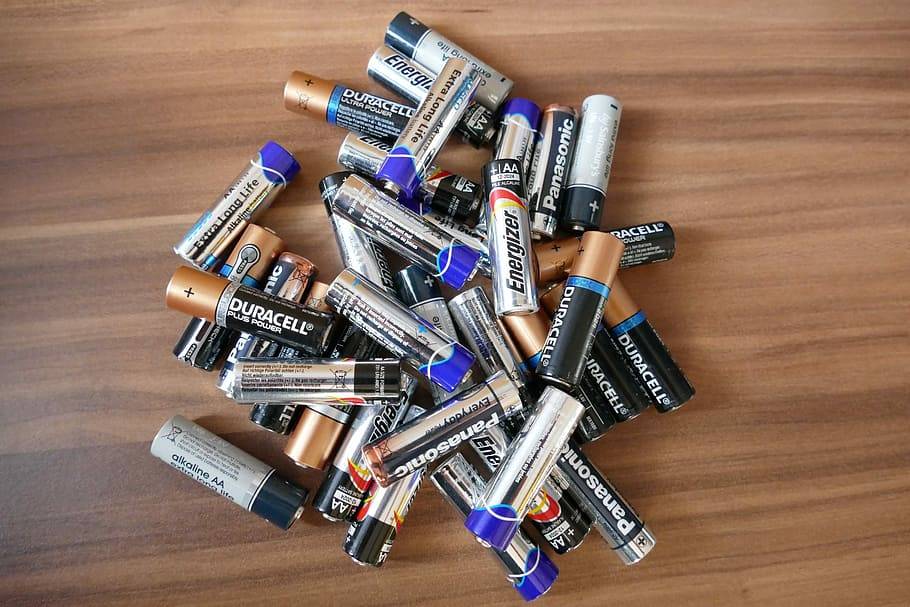Li-ion battery chemistry has a lot of nuances and I won't pretend to understand them(even if on paper my masters degree is in electrochemistry, I don't know as much about battery chemistry as I should) but the way a "cycle" is counted for lifetime purposes isn't totally straight forward.
Also, Li-ion can manage a much, much longer service life if it consistently "lives" between 20% and 80% charge. Apple devices sort of try to do this, but unfortunately their built in management doesn't work quite like some 3rd party solutions I use to use on computers. I'd be content most days with my phone charging to 80% and stopping, and then only going to 100% when I tell it to(such as if I know I'm going to be on the road all day, vs. at work and not using it much) but that's not currently an option. Their solution learns your habits and will, for example, charge up to 80% when you plug it in at night and go to 100% shortly before you normally unplug it in the morning so at least it's not spending all night all the way up.
I would think that other makers would do this too.
Also, heat absolutely kills Li-ion batteries. That's why EVs(which I know are a separate topic) generally have active cooling through their battery packs. One thing I have noticed is that the current ARM-based Macs, which generally run MUCH cooler than Intel models, seem to have better battery longevity.

 www.usmobile.com
www.usmobile.com



